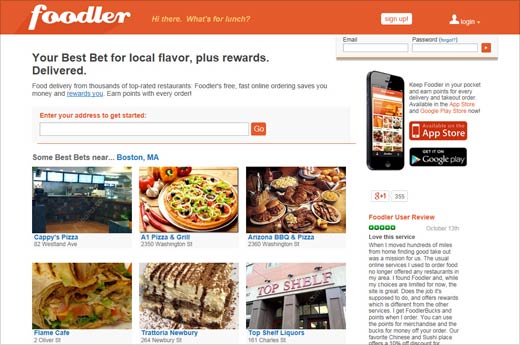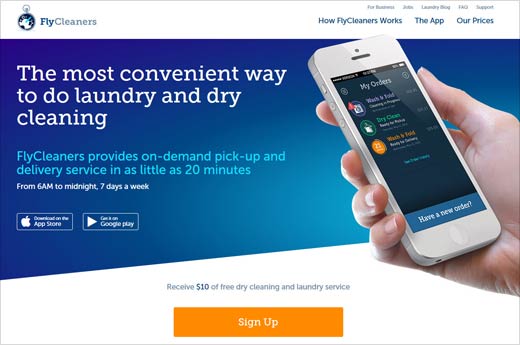Digital marketplaces are some of the hardest businesses to build and, not surprisingly, are becoming increasingly more complex as customers’ demands and expectations grow. Savvy innovators across many industries are now changing traditional business models and creating new marketplaces built on advanced algorithms and technologies.
Advanced algorithms use mathematical models for determining transactions between buyers and sellers. The algorithms factor in a number of different variables – such as location, availability and price – to ultimately provide the best outcome for both parties involved. This slideshow features five industries that are ripe for the use of algorithmic design, as well as vendors spearheading the action in those marketplaces.
Creating a New Marketplace
Click through for five marketplaces that are using algorithmic design to drive innovation.
Automotive Sales
In the past, buying a used car was a hassle, but Beepi is transforming the automotive sales industry by helping consumers find the right used car. The platform, which connects the two sides to the marketplace, will evolve to become an ‘end to end’ experience, with the software in the middle taking a lot more decisions on the customers’ behalf.
Real Estate
Usually a face-to-face industry, real estate is evolving. Suitey is leading the change through a technology-powered real estate brokerage for New York City that is able to solve asymmetric incentives between customers and agents with professional in-house brokers. Through understanding the user’s behavior and search preferences, Suitey recommends properties based on a consumer’s interest.
Cuisine
Delivery services, such as Foodler, GrubHub and Seamless in major metropolitan cities, have exponentially expanded a restaurant’s clientele and serving radius. A new innovative model has been introduced, which brings the best of three components together for food – fast, cheap and healthy. SpoonRocket and Sprig are redefining fast food with super fast delivery by taking control of the cooking.
Personal Service
Dry cleaning is being reinvented by services like Washio and FlyCleaners, which have realized consumers’ struggles and launched to remove the hassle entirely by doing everything from point A to Z in one to two business days. The easy to navigate and user-friendly platforms keep customers up-to-date on the exact progress and location of their clothes.
Digital Freelance Services
Freelancing has grown to over 30 percent of the American workforce. Digital marketplaces like Elance-oDesk and PeoplePerHour provide opportunities for freelancers to not only market their services to anyone but also enable companies to connect to a person that best fits a very specialized role that might not be in the same location. Taking this a step further are services like SuperTasker, which make the delivery of standardized tasks fast and easy by introducing what are essentially the first SKUs for digital work. A customer can select from a list of predefined tasks – like image resizing/retouching or WordPress fixes – and SuperTasker routes the work to the best available freelancer.








